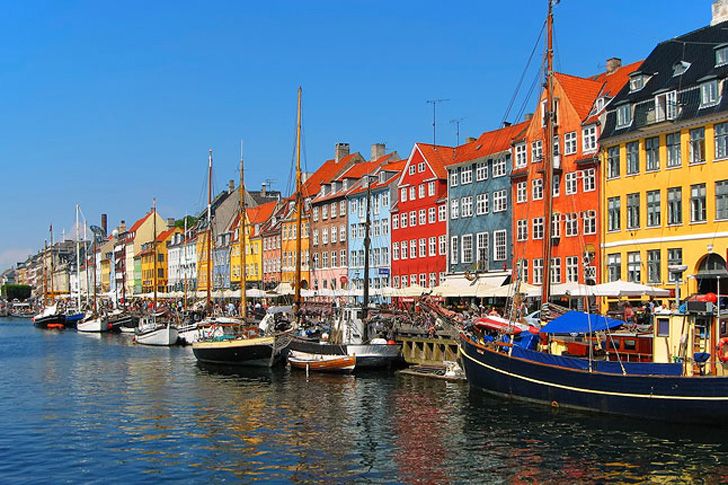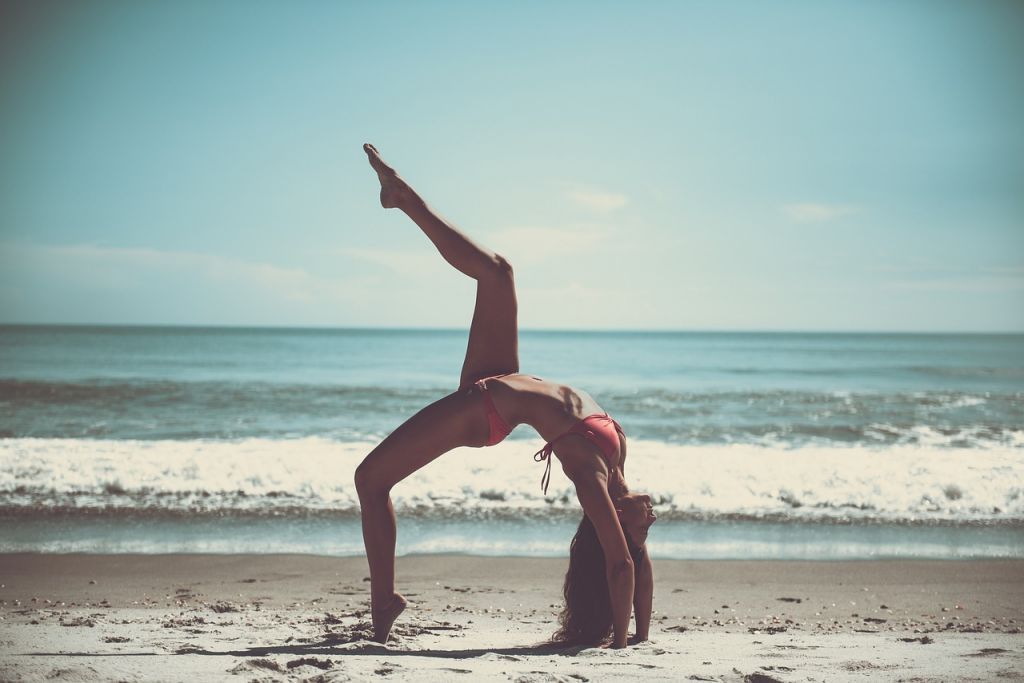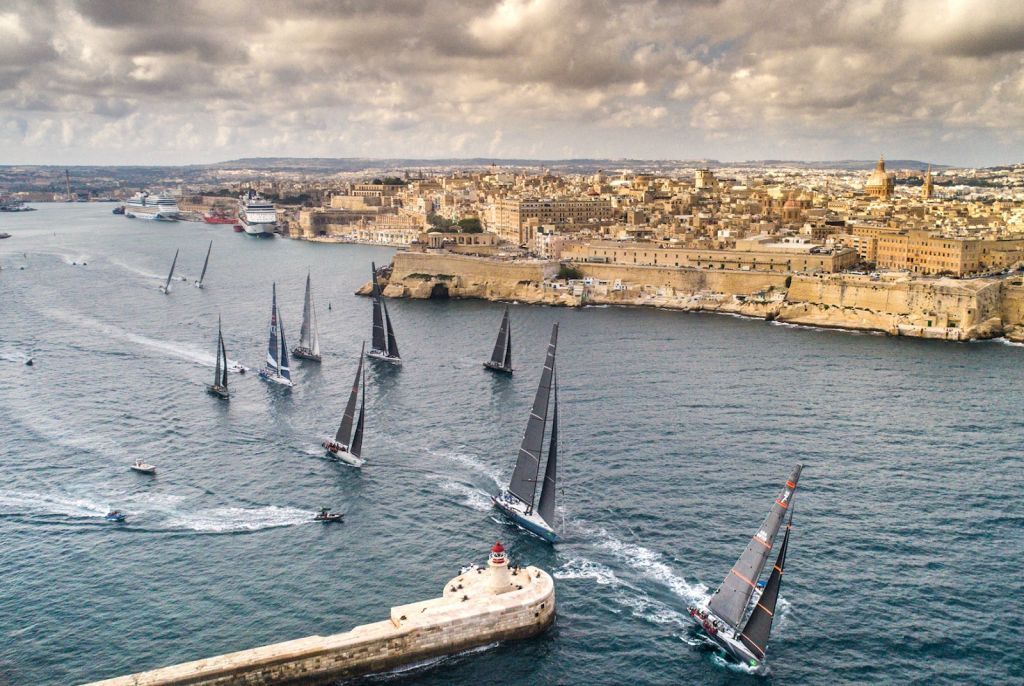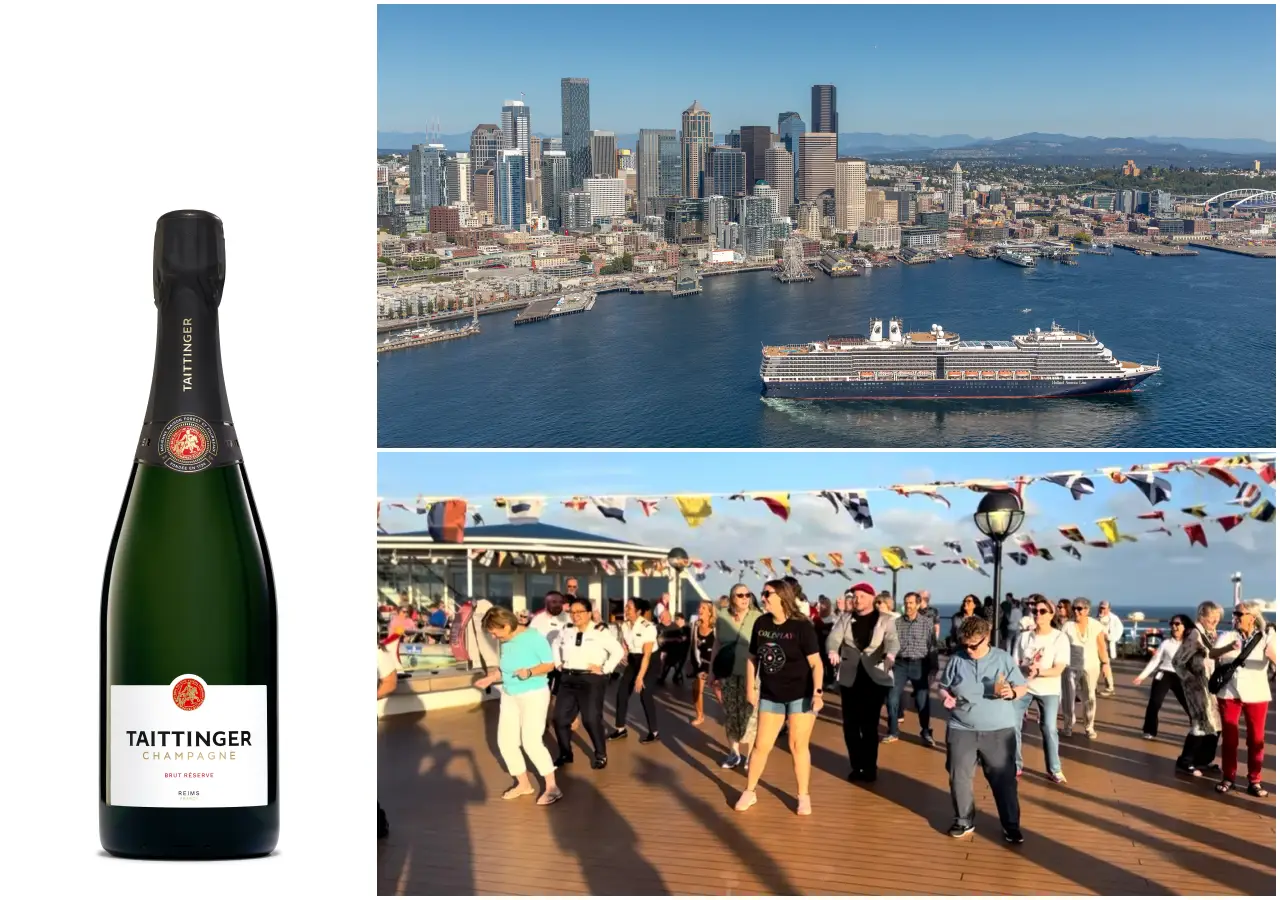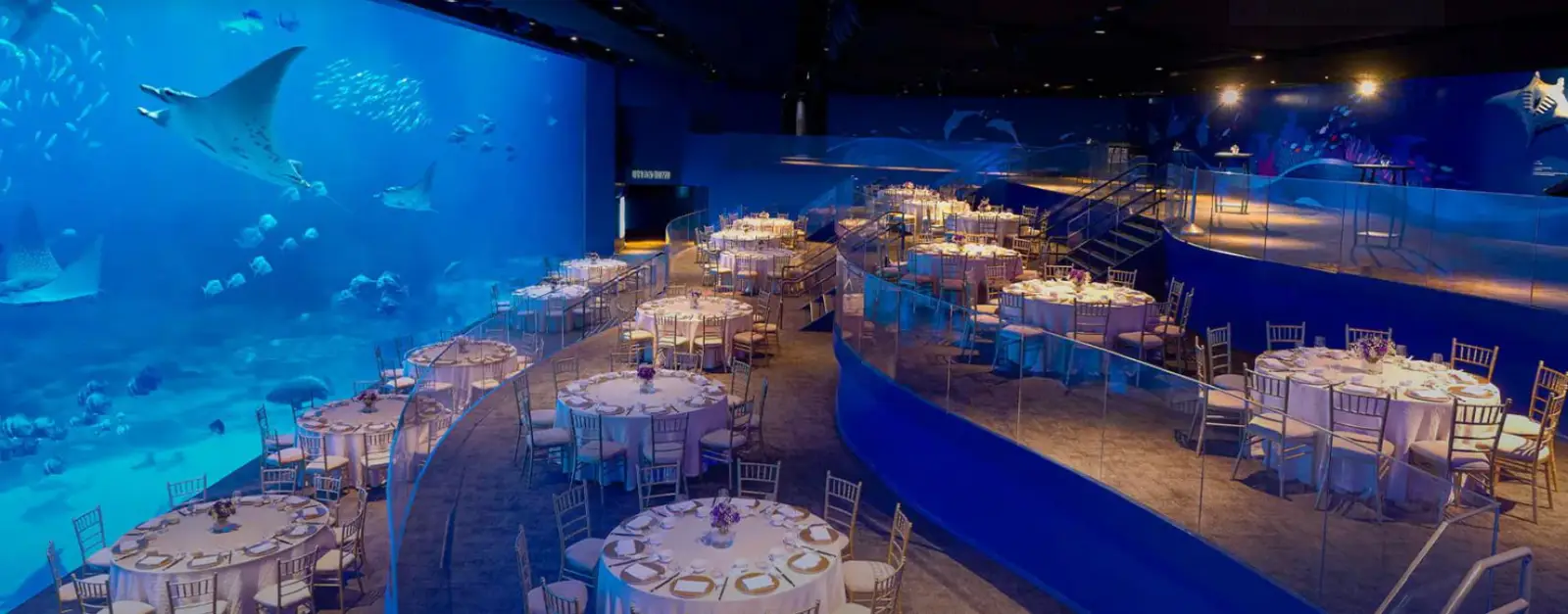June 16th marks World Sea Turtle Day, a significant occasion dedicated to commemorating and bringing attention to the ecological significance of sea turtles.
Sea turtles, just like any other creature, possess their own unique magnificence. In addition to their stunning appearance, these remarkable animals exemplify remarkable determination and fortitude, having continued to nest on beaches for millions of years. Therefore, honoring their splendor with a dedicated day is most certainly fitting.
WWF-Turkey made a statement and drew attention to the threats to sea turtles and the precautions to be taken. Seven sea turtles (Dermochelys coriacea, Eretmochelys imbricata, Lepidochelys kempii, Lepidochelys olivacea, Chelonia mydas, Caretta caretta) that have been living in the world’s seas for over 110 million years and have been symbols of longevity, productivity, endurance and protection from harm in many cultures throughout history The entire species is endangered by human activities.
Adult female sea turtles lay an average of 100-150 eggs each time they come to the beach to nest. Because the eggs laid by the females or the fry that hatch 45-60 days after hatching are among the food sources of numerous predators such as crabs, jackals, seabirds on the beach, and fish in the sea environment, one or two of every thousand eggs laid can reach adulthood. Human activities also have adverse effects on the populations of sea turtles, which face many threats throughout their lives. In order for the species to survive in a healthy way, human-induced hazards in its habitat, especially in nesting beaches, feeding and wintering areas, must be minimized.
Green sea turtle (Chelonia mydas) and tadpole sea turtle (Caretta caretta) nest in the Mediterranean Basin.
Would you like to track and support a sea turtle?
Originally known as the Caribbean Conservation Corporation, the Sea Turtle Conservancy (STC) is the oldest sea turtle conservation organization in the world. With Wildlife Collections, you can support the Sea Turtle Conservancy by buying one of the Fahlo Journey Bracelets. With the sale of every sea turtle rescue bracelet, Fahlo donates a portion of the profits to the STC.
Ayşe Oruç, WWF-Turkey Marine and Wildlife Programs Manager, said, “There should be no fire on the beach at night, no walking around with lights, and the lights seen from the sea should be screened. Speedboats should not speed more than 8 miles within 1 mile from the beach. Most importantly, sea turtles should not be hand fed and should not be accustomed to ready-made foods like all other wild animals.”
In addition, Oruç underlined that umbrellas should not be placed in the sand, sunbeds should not be placed and the sand should not be dug within the specified distances on the nesting beaches, emphasizing that it is important for the hatchlings to cross the beach on their own, and underlined that when a baby sea turtle is seen, they should not be thrown into the sea and taken home. Oruç also pointed out that events such as festivals and concerts should not be held on the nesting beaches between June 1 and September 15, which coincides with the nesting and hatching period.
Photo credit: Jurgen Freund




